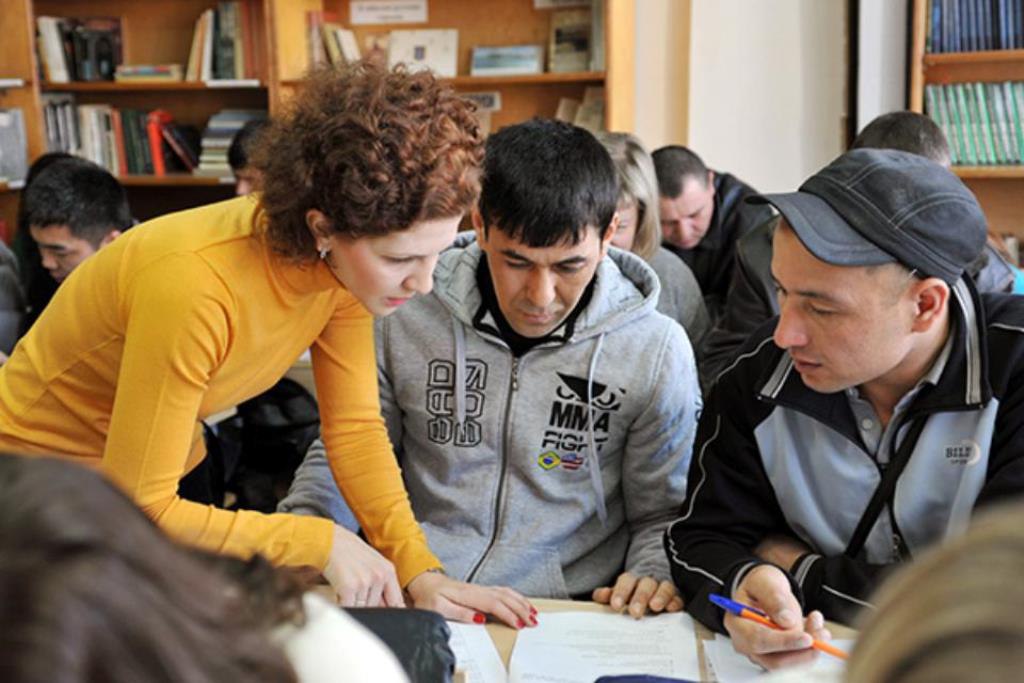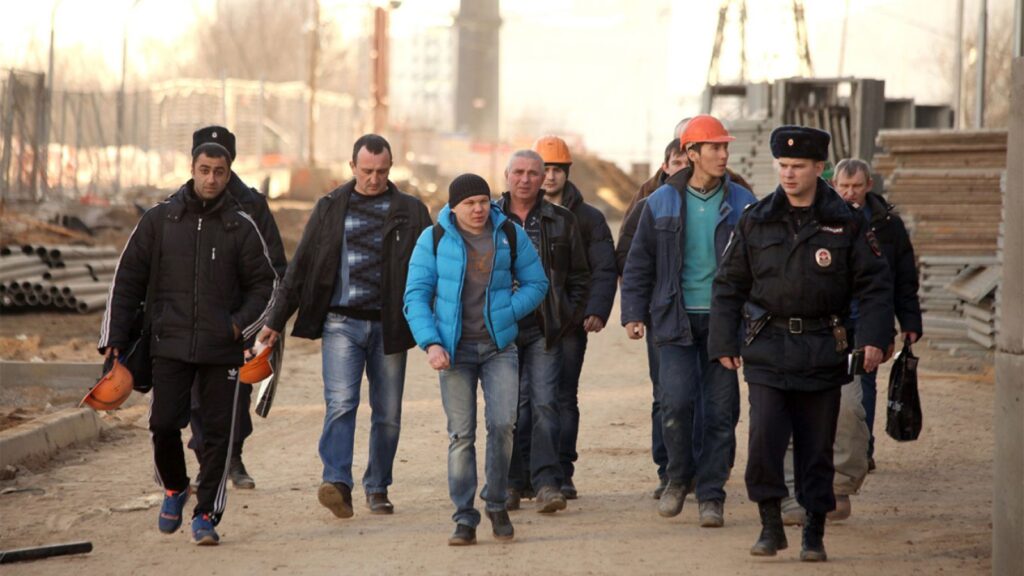The Uzbek government is to open 27 educational institutions across the country for the purpose of training potential migrants in professions in demand by foreign employers. Students will also have access to lessons in various languages including English, German, Japanese, Korean and Arabic.
Courses will be offered on a paid-contract basis for a year. Attendees with existing proficiency in languages spoken in countries of their choice, will be eligible for a 50% reimbursement by the state of costs incurred in attaining related certificates. Teachers at the centres will receive a 100% salary supplement.
The government of Uzbekistan had earlier announced measures to support citizens seeking employment abroad and from June this year, migrant workers will be offered compensation for passing the qualification exam, obtaining a work visa in a foreign country, travel costs and insurance. In addition to training programmes to open up opportunities in better-paid and professional jobs outside Uzbekistan, the government has now confirmed further subsidies for legal and material assistance.
According to the Uzbek Agency for External Labour Migration, some 70,000 citizens have legally secured work abroad over the past two years and Germany, Great Britain and Japan have recently shown great interest in employing Uzbek migrants. Remittances from labour migrants to Uzbekistan remain a material part of the country’s gross domestic product (GDP) — accounting for 17.8% in 2023. In neighbouring Tajikistan, migrant remittances account for almost half of the country’s economic output, and in Kyrgyzstan, 20%.









